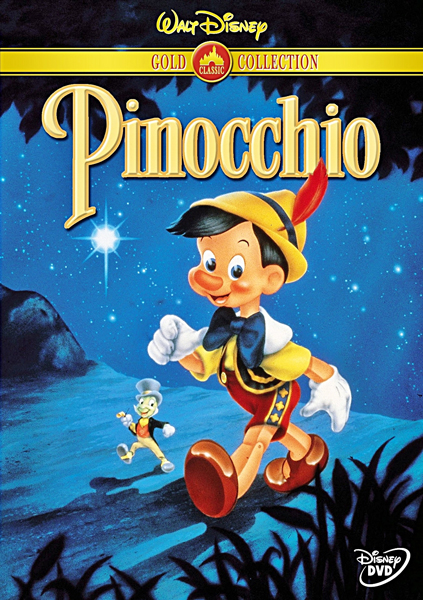Disney's 1940 film "Pinocchio" marked a turning point in animation. More than a great work of art that has stood the test of time, it signified a major advance in technology and storyboarding. Now, the Disney Family Museum in San Francisco is hosting a new exhibition on the story of "Pinocchio".

1940 animation 'Pinocchio' celebrated at Disney museum
Produced at the end of the Depression, Walt Disney's feature-length film 'Pinocchio' was considered a masterpiece when it opened in 1940, becoming the first animated feature film to win an Academy Award. The story of a puppet turning into a real boy whose nose grows when he tells a lie continues to resonate with kids of all ages today.
And a San Francisco museum wants visitors to wish upon a star...and that's no lie.
The exhibition at the Walt Disney Family Museum contains more than 300 objects, from original hand-drawn artwork to three dimensional models, and showcases the intricate, labor-intensive process of traditional pre-digital animation.
In order to keep the film's characters and narrative consistent, the artists relied on an improved method of storyboarding, which became a method of storytelling that is used throughout the film industry to this day.
Also showcased is a model of a horizontal Multiplane Camera, another tool developed by the Disney Studios in the 1930s.
This innovative camera setup allows various planes in a scene, each painted on separate panes of glass, to be filmed simultaneously, creating a perception of depth previously unattainable in conventional 2D animation.
In addition to the presentation of these innovations, the exhibition also takes a closer look at the color, mood and costumes of this remarkable film, which has dazzled audiences for more than 75 years.
"Wish Upon a Star: The Art of Pinocchio" opens in May and runs through January at the Disney Family Museum in San Francisco.















